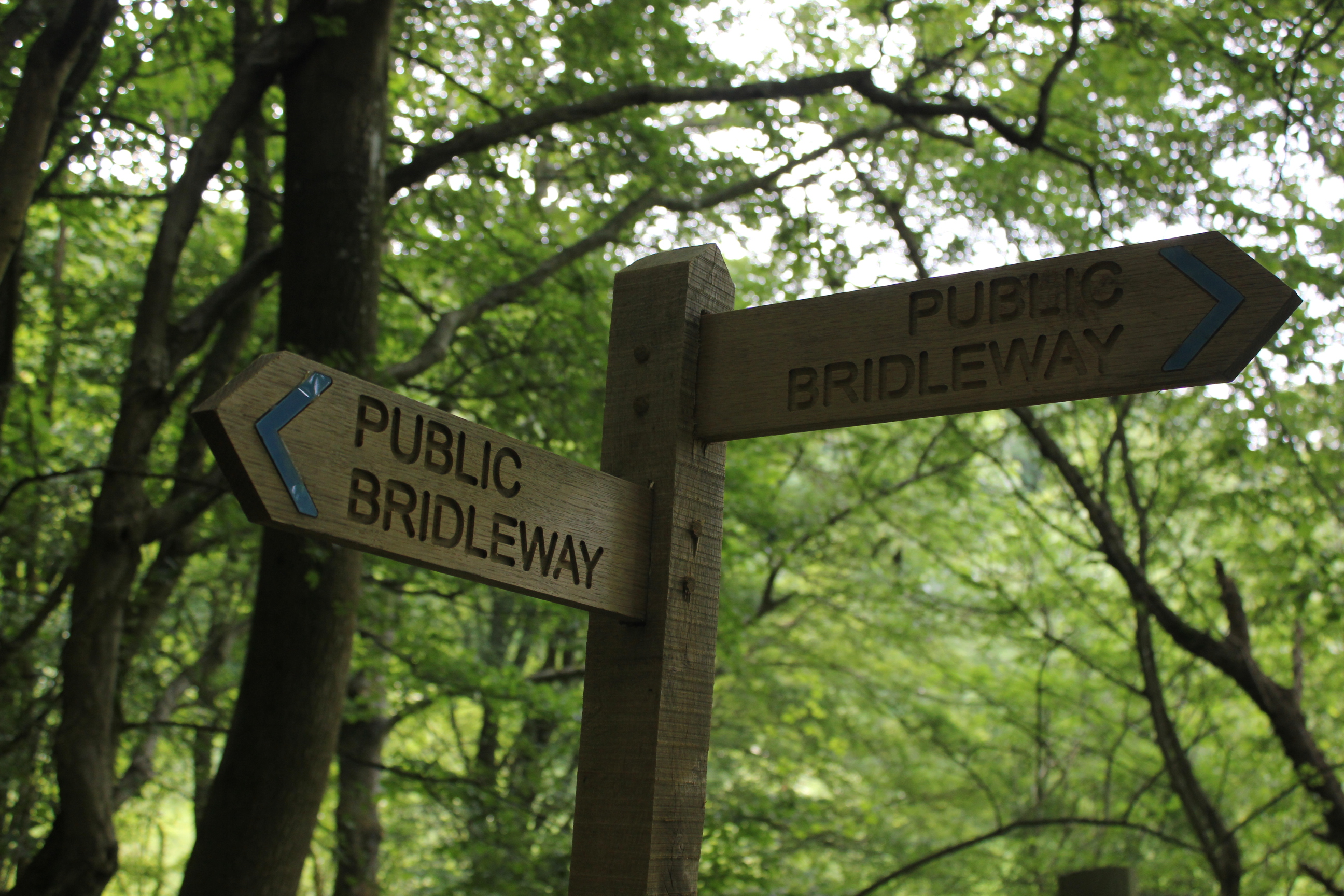I have a sneaking suspicion that some web designers and other IT people rather like using jargon that no one else really understands. After all, it adds a certain mystery to what it is they they do (and charge for), and if they make it sound sufficiently like rocket science it helps to justify charging exorbitant fees for their services!
Fortunately if you decide to work with me, I’m really passionate about cutting through the tech-speak and making sure my clients understand exactly what they’re getting for their money (not to mention, how to make it work for them). I’ll always do my best to explain things in plain English and of course, if anything is unclear, I’ll be more than happy to spend time clarifying things with you, but just in case you’re interested, hopefully the following will give you a head-start –
Domain name
This will be your “address” on the internet and will most often be something such as “yourbusinessname.com” or perhaps “yourbusinessname.co.uk”. According to the rules of the internet (and to avoid any confusion), each domain name has to be unique so your exact choice of name will depend on what is available but with a little creativity, there is no reason why you can’t have an address which either matches or complements your company name.
Extensions
An extension is the bit that comes after your business name ie. here in the UK, that’s most commonly .com or .co.uk. If possible, it’s not a bad idea to buy both, but there are other alternatives you may like to consider if your first choices aren’t available.
(Note: for more information on this, you may also like to read my article on How to Choose your Domain Name(s).)
Hosting
If a domain name is your address, your host is the house in which you live or rather more accurately, the server on which all the files which go to make up your website are stored. There are literally hundreds of companies offering hosting these days with a variety of different packages/services available depending on your needs. Some companies even offer free hosting if you purchase your domain name through them but may be more restrictive if you then want to move your domain name (or hosting) elsewhere.
byCassia offers one year’s free domain hosting with all website design packages (with a low-cost monthly rate in subsequent years) but if your site is already hosted elsewhere and you don’t want to move, or you would like us to set up your hosting with an alternative provider, I’ll be happy to discuss this with you.
WordPress, SquareSpace, Wix et al
If you’ve come across any of the above, they’re all slightly different forms of applications/software (sometimes referred to as “platforms”) which allow you to create your website and get it online. Some web designers will insist that one is better than all the others (usually because it’s what they themselves know best) but each platform has its own pro’s and con’s which may be worth considering depending on the nature of your business and the website you hope to build.
I tend to use WordPress for most of the sites I create – largely because of its outstanding flexibility and the fact that it also makes it very easy for you, the end user to add/edit/update things once the site is up and running, but I also have experience of working with most of the other major platforms and will be very happy to discuss which is likely to be most useful/suitable to your needs.
Search Engine Optimisation
Often shortened to SEO, this quite simply means making various adjustments to your site to help it score more highly with search engines (such as Google). In the early days of the internet, SEO consisted of very little more than adding a whole bunch of keywords to each page and getting links from other well ranked websites, but search engines have become a lot more sophisticated in recent years and have developed ways of trying to ensure that the search results they provide are more relevant and take account of what the website is really about, rather than simply whether it has the right words stuffed in its code.
Not surprisingly, this does mean that good SEO is a lot more complex than it used to be but all the websites I create come with some basic optimisation, and if you’d like me to help fine tune things once you’re up and running, I’ll be more than happy to do so.
Social Media
Facebook, Twitter, Instagram and Pinterest are all forms of social media ie. different ways of sharing information with your friends and/or potential clients.
Responsive or mobile-friendly
Perhaps not surprisingly, responsive sites are those which display (or “respond”) slightly differently depending on the size of the screen upon which they’re being viewed. For example, three columns which appear next to each other across the page on a wide-screen will be shown as a single column stacked on top of each other on the narrower screen of a mobile phone.
Every website I design has responsiveness built-in to help ensure that no matter what device your visitors are using to view your site, it will always look its best.
